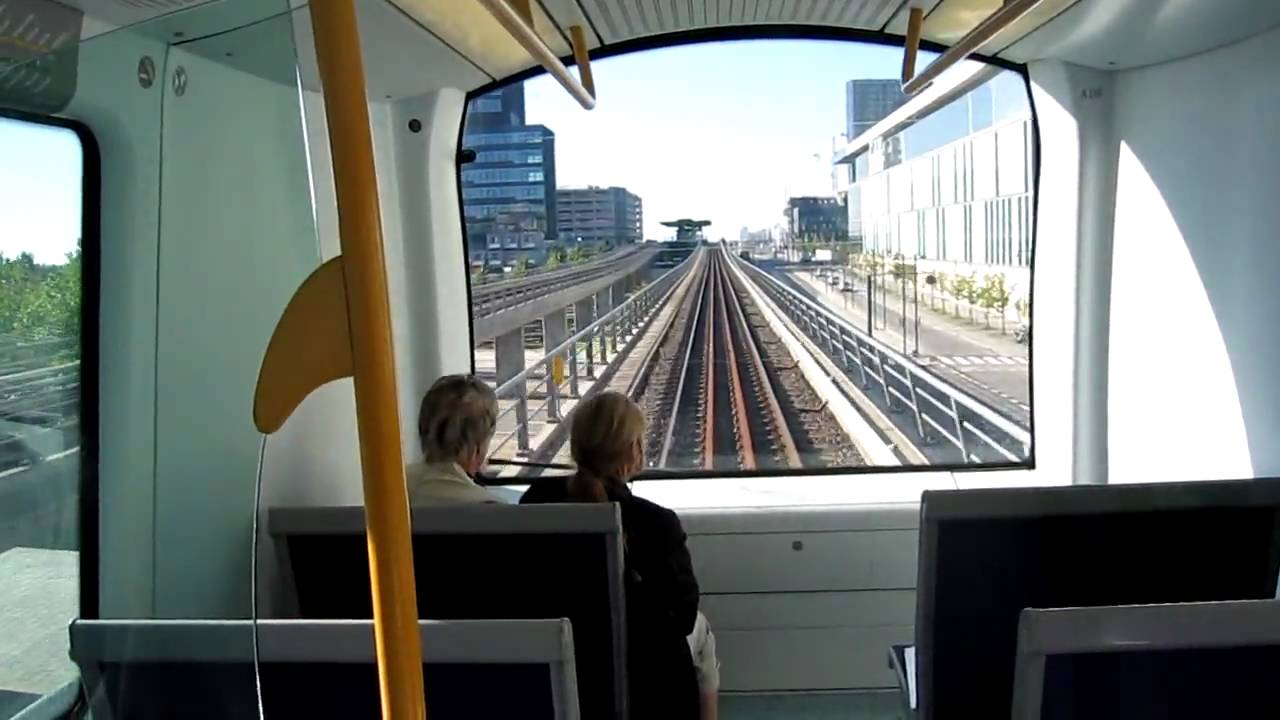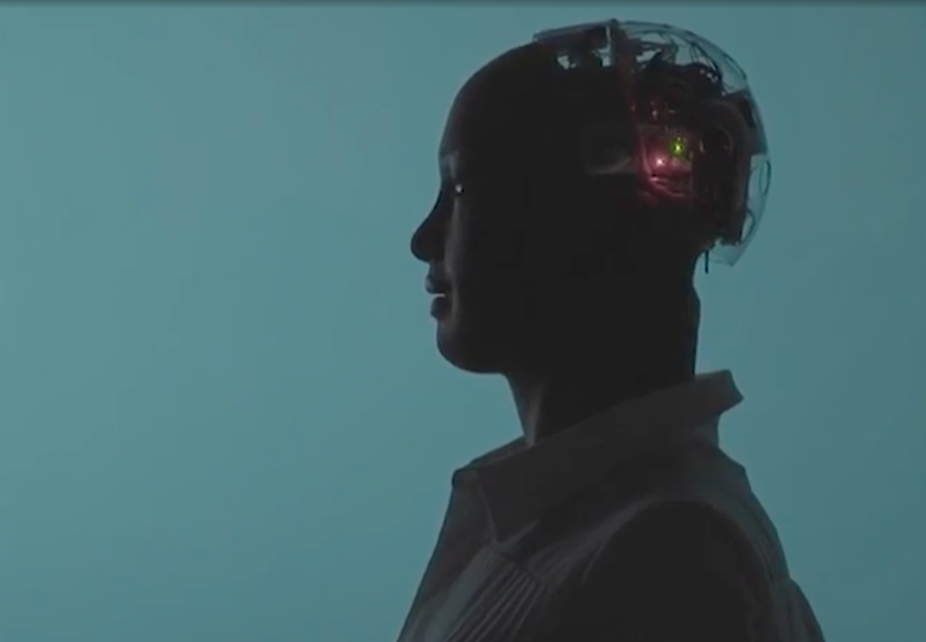
This is a Guide in 6 parts about Artificial Intelligence. The guide covers some of its basic concepts, history and present applications, its possible developments in the future, and also its challenges as opportunities. The first part of the guide provides the reader with an overview of AI.
Guide written by Paula Newton and Maria Fonseca
Introduction
“AI is one of the most important things humanity is working on. It is more profound than, I dunno, electricity or fire.” Sundar Pichai
Artificial intelligence is an area of technology that is rapidly expanding, impacting on our lives in many ways. While we may not be aware of it, many websites and technological solutions already have artificial intelligence built in. Facebook is one noteworthy example that already utilises machine learning algorithms to ensure that the content that its customers see is going to be of interest to them. Meanwhile, AI is also being used in all kinds of other fields, such as in medicine. In a recent report, written by Harvard University, it is stated specifically how AI is being used for analysing medical images for diagnostics.
The potential of AI to change our lives in the not-so-far distant future is massive. The University of Southern California suggests that some very significant uses of this technology are not so far away at all, and could be with us before 2050.
Some people don’t quite understand what Artificial Intelligence is and what will be its impact. Widespread talk about the effect of automation on jobs, make people look at it with suspicion. On the other hand terms like machine learning, automation and AI are mixed all together bringing even more confusion to a sector already complex in itself. The following video, clarifies the differences between the 2 things.
Examples of possible developments of AI in the future
Suggestions made of possible uses of AI in the future include all kinds of areas, from entertainment, to transport or health.
For example in entertainment, AI can enable, in the near future the ability to order custom made films with preferred virtual actors. AI could also be used to predict the likelihood of box office success with films through the analysis of storyline.
In Medicine, AI possibilities are innumerable. Medicine could become completely personalised down to the person’s specific genome. This is because data will be analysed that will include genetics, lifestyle and environment to allow optimal medical decisions to be made.
AI is thought to be likely to deliver significant benefits in the field of cyber security, identifying virus patterns to stop them from hacking in.
One of the areas where most investment has been done, in terms of AI, is transport. We’ve all heard of self-driving cars, and AI underlies this technology. It is highly likely that they will be widely used by 2030 – and that’s just 12 years away! Driverless trains are already commonplace, and work is also being carried out on airplanes that use artificial intelligence and can fly somewhat autonomously.

What are the opportunities of AI?
There are many advocates that argue that artificial intelligence will improve our world, and with good reason. Artificial intelligence can be programmed to do things that human brains simply are not capable of doing. This is largely achieved through the massive volume of data that is processed by AI – which a person could not compute in anything like a similar timeframe. This will allow the technology and people to work together to create value, and improved systems. Benefits are predicted to be extremely important in the fields of medicine and cybersecurity, as already highlighted. However, with a growing global population, there are also expected to be tremendous benefits for the capacity of food production. For example, one system has already been developed that facially recognises cows, and this will allow herds to be monitored in a more automated manner, with less human involvement. There are also tools that can be developed to predict adverse conditions and prepare accordingly for crop production.
What are some of the challenges AI brings?
Yet there are concerns about the use of AI which have been raised by some. There are important questions about whether AI is as effective as we might initially think. It is helpful to illustrate this with an example. One use of artificial intelligence that is already being adopted by organisations around the world is for recruitment and selection processes. The argument goes that machines can learn based on data fed into them, and they can make better, less subjective decisions about the hiring of new employees. However, on delving into this deeper, it is clear that there are significant challenges with such an assertion – though this is not stopping the adoption of technology for this purpose, worryingly.

The problem that has been highlighted is that if organisations are already making poor decisions on recruitment, that are potentially discriminatory, or at least not encouraging diversity, and if this data is fed into machine learning utilised for recruitment and selection, then the artificial intelligence that makes recruitment and selection decisions will be fundamentally flawed from the start. Further, significant and important questions arise as to whether machines are able to make decisions that are ethical. This is of concern when the types of applications described above are considered – particularly in the field of medical science.
AI surely brings about the potential for great opportunities for the human race, but these do not come without risk. Bias can be inherent algorithms and machine learning, so those types of bias need to be discovered and tackled seriously! This leads to questions about programming and governance, among others. Care needs to be taken in how we adopt and utilise this machine learning technology in our lives.
The following infographic, gives us a clear picture of the evolution of AI in the world:

Part 1
Part 2
Part 3
Part 4
Part 5
Part 6

Paula Newton is a business writer, editor and management consultant with extensive experience writing and consulting for both start-ups and long established companies. She has ten years management and leadership experience gained at BSkyB in London and Viva Travel Guides in Quito, Ecuador, giving her a depth of insight into innovation in international business. With an MBA from the University of Hull and many years of experience running her own business consultancy, Paula’s background allows her to connect with a diverse range of clients, including cutting edge technology and web-based start-ups but also multinationals in need of assistance. Paula has played a defining role in shaping organizational strategy for a wide range of different organizations, including for-profit, NGOs and charities. Paula has also served on the Board of Directors for the South American Explorers Club in Quito, Ecuador.












